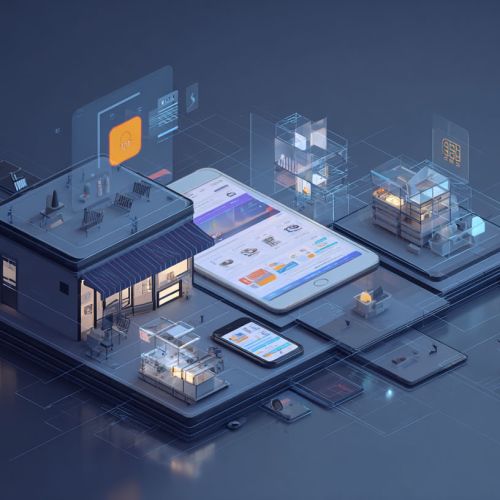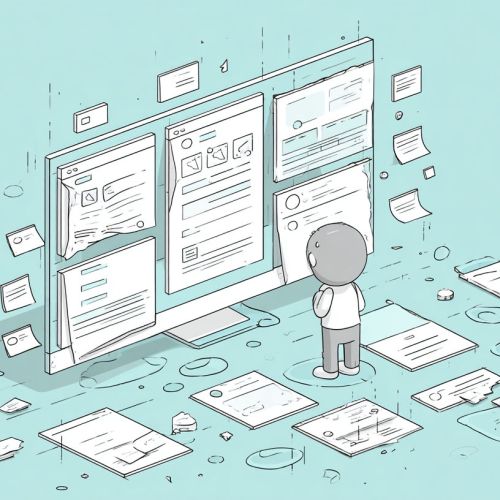In the ever-evolving landscape of digital marketing, one concept has remained consistently valuable: the marketing funnel. Full-funnel marketing is a comprehensive approach that addresses every stage of the customer journey, from initial awareness to final decision-making. By understanding and effectively implementing full-funnel marketing strategies, businesses can guide prospects through a seamless journey, ensuring higher conversion rates and long-term customer loyalty. In this blog post, we’ll explore what full-funnel marketing is, why it’s essential, and how to optimize your tactics at each stage of the funnel.
What is Full-Funnel Marketing?
Full-funnel marketing is a strategy targeting potential customers at every stage of their journey, from when they first learn about your brand to when they make a purchase. It involves creating tailored marketing efforts that address your audience’s specific needs and behaviors at different stages. By doing so, you can nurture prospects more effectively, build stronger relationships, and ultimately drive more conversions. Full-funnel marketing is important because it ensures no potential customer is left behind, providing a comprehensive approach to lead generation and acquisition.
Breaking Down the Funnel Stages
Awareness Stage
The awareness stage is the top of the funnel, where potential customers first become aware of your brand or product. At this stage, you aim to capture their attention and generate interest. Key marketing tactics for the awareness stage include:
- Content Marketing: Blog posts, articles, and infographics providing valuable information about your industry or product.
- Social Media Marketing: Engaging posts and advertisements on platforms like Facebook, Instagram, LinkedIn, and Twitter to reach a broad audience.
- SEO and PPC Advertising: Optimize your website for search engines and use pay-per-click ads to increase visibility.
In the awareness stage, it’s crucial to create informative, engaging, and shareable content. This helps establish your brand as a trusted resource and attract a wider audience.
Consideration Stage
In the consideration stage, potential customers evaluate their options and consider whether your product or service is the right fit for their needs. Your goal at this stage is to provide detailed information and build trust. Effective tactics for the consideration stage include:
- Email Marketing: Sending personalized emails with relevant content, product information, and case studies to nurture leads.
- Webinars and Demos: Hosting online events or live demonstrations to showcase the benefits of your product or service.
- Retargeting Ads: Using retargeting campaigns to remind prospects of your brand and encourage them to take the next step.
Content at this stage should be more in-depth and focused on addressing specific pain points and objections. Providing social proof, such as customer testimonials and reviews, can also be highly effective in building credibility.
Decision Stage
The decision stage is the bottom of the funnel, where prospects are ready to make a purchase decision. Your goal is to provide the final push that convinces them to choose your product or service. Key tactics for the decision stage include:
- Special Offers and Discounts: Providing limited-time offers, discounts, or free trials to incentivize immediate action.
- Detailed Product Information: Offering comprehensive product descriptions, FAQs, and comparison guides to help prospects make informed decisions.
- Customer Testimonials and Case Studies: Showcasing success stories and positive feedback from satisfied customers to reinforce trust.
At this stage, it’s important to remove any remaining barriers to purchase and make the decision-making process as smooth as possible. Clear calls to action and a streamlined checkout process can significantly improve conversion rates.
Conclusion – Full-Funnel Marketing
Understanding and implementing full-funnel marketing is essential for guiding prospects through every stage of their journey and ensuring higher conversion rates. By tailoring your marketing efforts to your audience’s specific needs and behaviors at each stage—awareness, consideration, and decision—you can create a seamless and effective customer journey.
How do you approach full-funnel strategies in your marketing efforts? Share your experiences and insights in the comments below. Let’s learn from each other and enhance our marketing strategies together!






